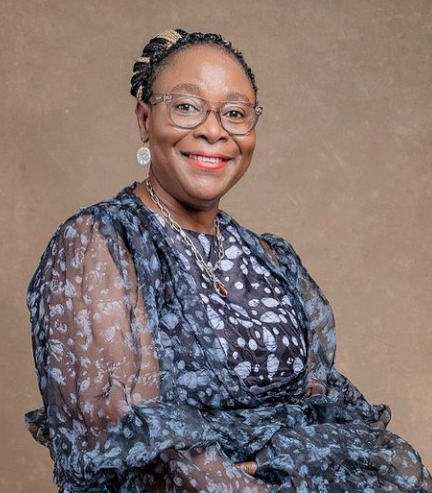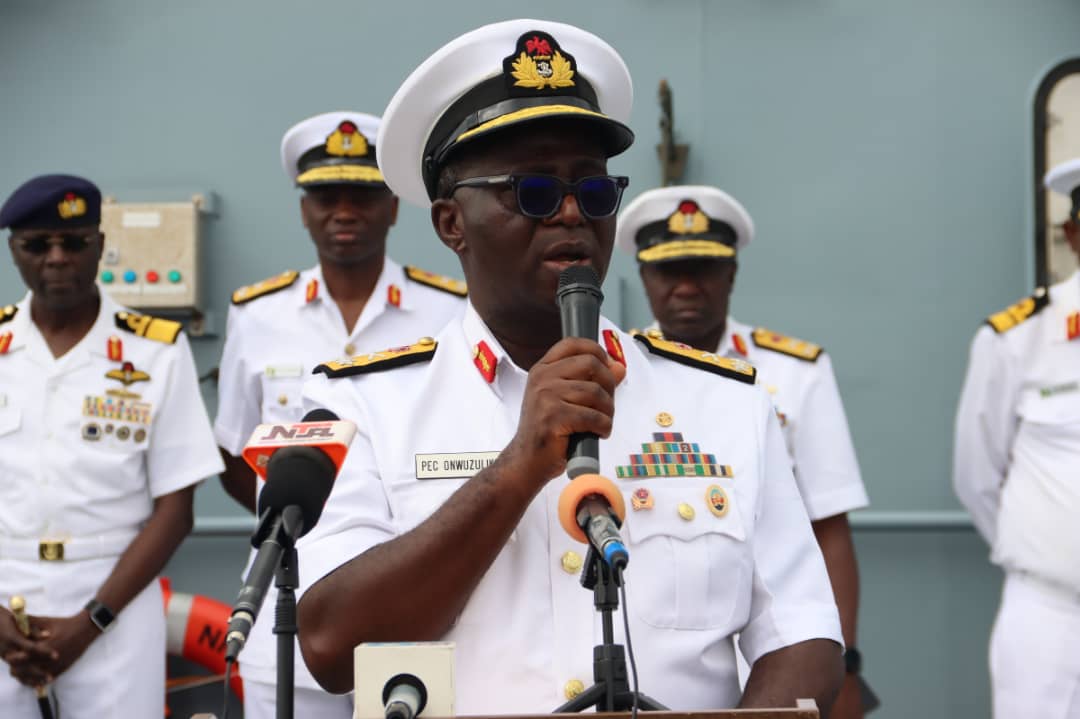Art and culture enthusiasts will have full feel of traditional African processes and outcomes of textile designs and production, as well as diverse fashion preferences, during a textile history conference coming up from 26-28 September.
Organised by professor of Art History at the University of Lagos, Peju Layiwola, the conference themed ‘Telling Textile Tales’ would attract diverse creative artists who have taught the art of textile making within the African cultural spaces, those who have designed and those whose works have continued to showcase new designs informed by new fashion desires beyond their immediate environment.
In this interview, Layiwola gives an outlook to what is expected at the conference.
Kindly give us an outlook of what the ‘Telling Textile Tales’ is all about
Layiwola: It is a conference that is going to start on the 26th of September and end on the 28th. It is going to be online and it is specific to textile and derives from my experience of having an exhibition which held in 2019. It focused on the traditional processes of doing tie and dye (Adire Eleko), which is known to have been created by Yoruba women in South Western Nigeria.
So, I have been interested in seeing how people connect in this field of textile, what they have been doing and as the name implies Telling Textile Tales, it is actually telling the tales of how we got involved in the process of textile making, production, entrepreneurship, community training and whatever aspects, even the ancillary areas of textile. So, it is people just basically telling their own story, and I think that it is very important that we get to meet people, who may not necessarily be very visible but adding tremendous work in the field of textile. We are going to start with interviewing fashion designers, very renowned ones who have been working with traditional textiles.
You mentioned trying to look at the traditional processes that Yoruba women were using or still use in their own traditional spaces. Is it just predominantly Yoruba women or is it going to cut across people who do these textiles, who design in other parts of Nigeria as well?
I was talking about my exhibition and what inspired it. But this is kind of broad spectrum; we are bringing experts from the UK, from Jamaica, from all the geo-political areas of Nigeria. We also have people coming from the U.S. We also have somebody from Sri Lanka as well; it is from all over the world and we are very interested in having a very diverse audience and a diverse set of speakers who would be looking at textiles from different direction. We are also looking at beyond the fabric designing, painting; resist dyeing that is being done by a lot of artists today. We are also looking at woven textile, and also how textile is being taught in the tertiary institutions from different parts of the world; In fact, trying to get people together to also network. That is also important; to peep into other cultures and what is happening elsewhere, and forging this kind of relationships that would extend beyond the conference. So, we are excited about this and we hope that at the end of it all we would have engaged with very broad topics and have very lasting experiences from this conference.
Some time ago you mentioned to us that a Jamaican would be on this platform for the conference. Can you share with us her peculiar story?
It is not just one person. We also have another person who came from Nigeria and he’s been doing tremendous work in Nigeria, trying to forge a textile industry, which is inspired by our own traditions here in Nigeria. So, there is a panel dedicated to them. Loral Lee is a lecturer in the Manley College; she will be talking about some of the traditions that are being extinct in Jamaica, and also interviewing some experts who have been involved in developing the textile industry in Jamaica and that gives us an insight into what is happening elsewhere. So, the younger person; Alao Lukman, would be talking about his experience in Jamaica, how he is been able to teach the Jamaicans different methods that he had learned in Nigeria and how this has impacted the industry. So, that panel is dedicated to them. Of course, Jamaica is part of the Commonwealth, and this conference is sponsored by the British Council. And it is important for us to see what is happening elsewhere in the Commonwealth like Nigeria. So, those kinds of networks; technical assistance and aid that they get from Nigeria in Jamaica, it will be very important and very interesting to see how all of these pans out in Jamaica.
This is quite appetizing and I think that a lot of people would be looking forward to that time. Is it going to be just a day?
No. It is actually for three days. It opens with the interview, instead of having the usual academic conference where you have keynote addresses that go on for an hour or so, We are doing away with that and interviewing in a very relaxed atmosphere, these fashion icons like Ade Bakare, who has been working with textile designers in Nigeria and using their fabrics in making very exquisite, very beautiful contemporary wears. We are also going to be speaking with Deola Sagoe, who is very renowned and incredibly beautiful attires she makes from Aso-Oke. She will be talking about her own experience. And these are award-winning fashion designers. Of course, we have Delabique. Her name is also Deola and she will be talking about her experience too, because she does designs, batik and tie and dye, and that defines her own couture. So, I think that these three people, we will share into the wealth of experience they have and I think it would be exciting to the audience.


































































